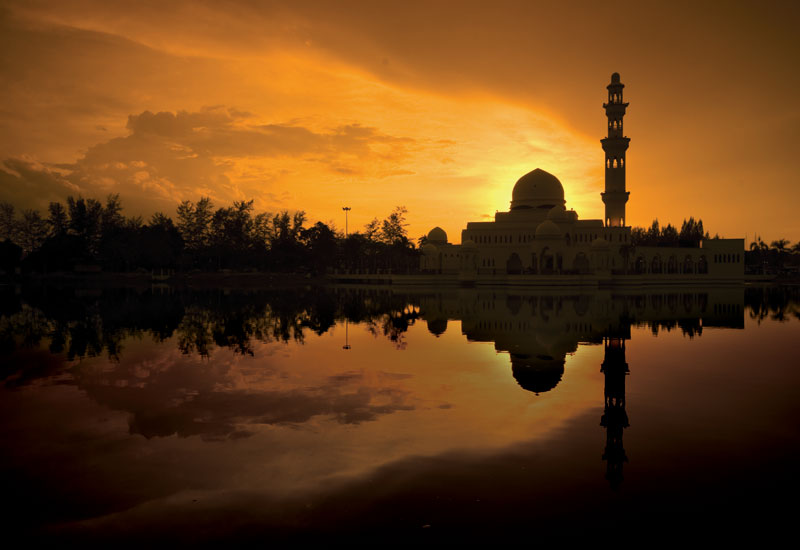During the Islamic holy month of Ramadan, food and beverage takes on a great significance for the fasting Muslim population.
The daily pre-sunrise suhour and post-sunset, fast-breaking iftar meals occur throughout the month, with many choosing to go out to eat on these festive occasions — and consequently, for F&B outlets around the Middle East, Ramadan is one of the most demanding and competitive months of their commercial year.
For these operators, balancing top quality with affordable prices and good value — while simultaneously standing out from the masses — is no mean feat.

| Advertisement |
To make this month a commercial success for an outlet, front- and back-of-house teams must work closely together to achieve the very best for their operation in terms of food, service and most importantly the overall guest experience.
The F&B director perspective
For the duration of Ramadan, certain laws must be observed by operators in the Middle East, which means the region’s diverse international hotel brands must ensure both staff and outlets are prepped and ready to handle the necessary changes and convey them to guests.
Four Points by Sheraton Downtown and Sheikh Zayed Road complex F&B manager Gregor Kiefer explains that some outlets will remain closed until evening, while those that remain open — with diners discreetly concealed from public areas — will not serve alcohol before sunset.
Alfred Abi Moussa, F&B director at Crowne Plaza Dubai, adds: “It’s important to give orientation and refresher training to staff, to remind them of the operational changes during Ramadan.”
Similarly, The Ritz-Carlton Bahrain Hotel and Spa conducts cultural training for all staff members, to “better understand this special time of the year and focus on guests’ needs”, explains executive assistant manager of food and beverage Marcus Loevenforst.
Such laws mean that F&B revenue will necessarily take a bit of a knock during the Ramadan season, as Riyadh Marriott Hotel director of F&B Raed Handal notes.
“Eating, drinking, smoking or any similar activities are not allowed in public places, and in Saudi Arabia all the F&B outlets remain closed during the daytime; so revenue has always been covered by iftars and suhours,” he says.
“People in Saudi Arabia believe in spending and in charity during this holy month, and our previous Ramadan figures have been very pleasing — but this year Ramadan coincides with the schools’ summer vacations, so a lot of people will be going home. Consequently, we are forecasting a slower and steadier month compared to previous years.”
In Dubai, Four Points’ Kiefer predicts “approximately 20% less revenue than normal” during Ramadan, due to the closure of some outlets.
“However after last year, when obviously we still felt the effects of the global financial crisis, I expect to see more companies treating their staff with a Ramadan outing this year,” he asserts.
Crowne Plaza’s Moussa also points out that “revenue this August will be further affected by region’s the traditionally quiet summer period”, which will coincide with an earlier Ramadan this year.
This may mean that Ramadan revenues on the F&B front dip even more than usual, according to Ritz-Carlton’s Loevenforst. But he adds: “By addressing wholesalers and FIT’s well in advance, and addressing the various special requirements, we are still very confident that our Ramadan celebrations will be extremely successful.”









 Search our database of more than 2,700 industry companies
Search our database of more than 2,700 industry companies









